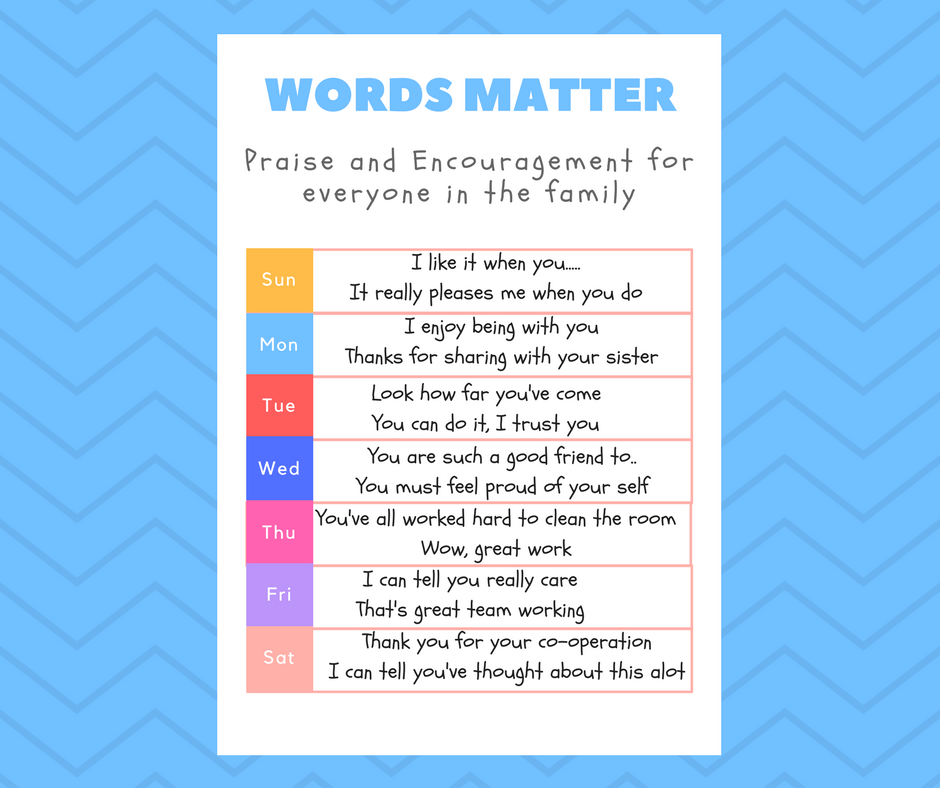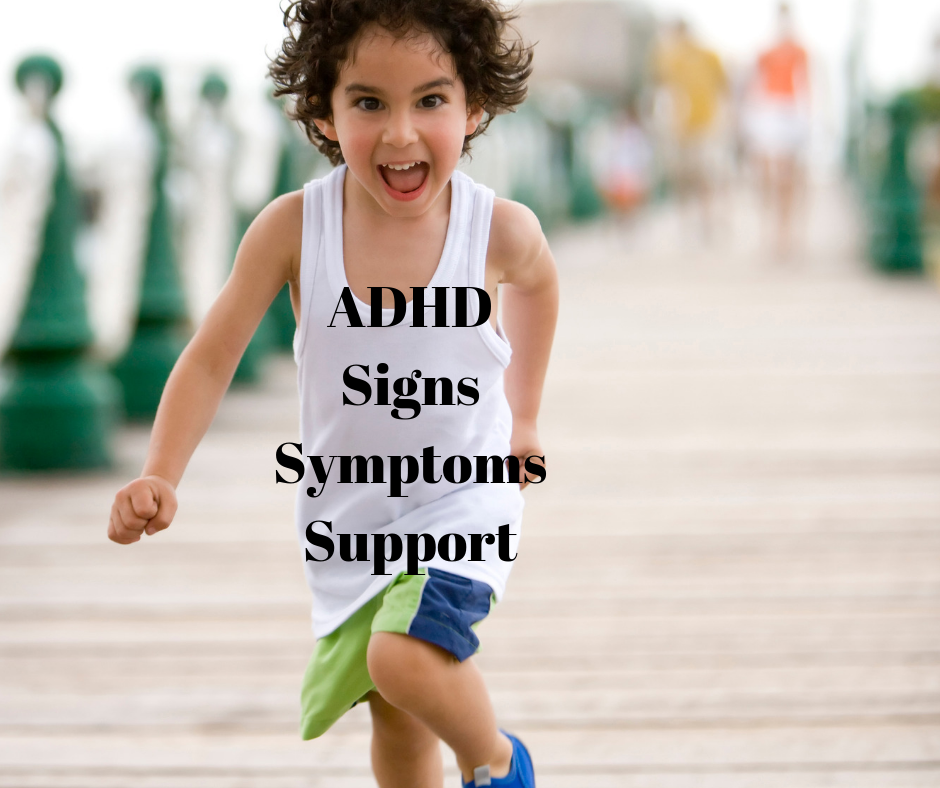What is ADHD?
ADHD is a behavioural disorder that often becomes obvious in early childhood. The behaviours are due to underlying problems of poor attention, hyperactivity, and impulsivity.
What’s typical development?
Even though many children, especially those under-five, have attention problems, this does not indicate that they have ADHD.
As a result of self-regulation, one can regulate emotions and behaviour following the situation. Moreover, we can soothe ourselves when upset and be flexible with changing routines or expectations. It means your child can remain focused on their goal despite internal and external changes—a parent often mistake difficulties in emotional regulation and deficits in executive functioning skills for ADHD.
Please watch the recording of the free talk I gave at Lockdown. I hope it will help you to understand your child and normal development better:
If you enjoyed this blog post and found it helpful or inspiring, please share it with your friends on social media by clicking on the icons on the side. Thank you for visiting my website!
The inattention or hyperactivity becomes a problem when exaggerated compared with other children of the same age. For a diagnosis to be made for your child, they must display symptoms at Home and School. If your child only shows signs at home, it is unlikely that your child has ADHD.
Is it Common?
According to the Royal College of Psychiatrists, 2 to 5% of school-age children can have ADHD. Boys are more commonly affected than girls, although it’s thought that girls are undiagnosed.
What is ADHD?
ADHD includes three different kinds of behaviours:
- Inattentive behaviours, in which a child has trouble paying attention
- Hyperactivity being on the go, restless and fidgety
- Impulsive behaviours, in which a child has too much energy and has difficulty controlling their impulses
What Causes ADHD?
We don’t know; ADHD can run in families, and there is also some correlation to trauma, but often parents feel blamed, but it is not their fault.
What you might notice in your child
Inattentive symptoms of ADHD:
- Makes careless mistakes
- Is easily distracted
- He doesn’t seem to be listening when spoken to directly
- She has difficulty following instructions
- Has trouble organising
Hyperactive or impulsive symptoms of ADHD:
- Fidgeting or squirming, trouble staying in one place or waiting his turn
- Trouble playing quietly
- Extreme impatience
- She always seems to be “on the go.”
- Interrupting, blurting out answers
- Can’t sleep or get off to sleep for hours
Some children exhibit only the first group of ADHD symptoms, and some exhibit only the latter. But most of those with an ADHD diagnosis have a combination of both.
Most children with ADHD can focus intensely on things that are exciting to them, like video games. Still, they can’t maintain that focus on things that aren’t immediately rewarding, like schoolwork, putting on their shoes, or going to bed.
What do you do if you are concerned?
Go to your GP or school nurse and ask for a referral to a Paediatrician; they are part of the pathways process of ADHD, and they will often ask you to complete a Conner’s Questionnaire and send it to your school. In addition, it is a good practice to offer a school observation or may refer you to an ADHD nurse. They will assess whether your child may have a diagnosis. Symptoms need to be present in school and at home for a diagnosis. In my experience, Attachment Disorders and Learning Difficulties can mimic some symptoms.
Treatment
For the under-five, NICE does not advise medication but parenting programs; in the NHS, other clinicians and I received training in the Incredible Years, a recommended Parenting Programme.
For the over Fives, Nice recommends
The support should be ADHD focused, can be group-based and as few as 1 or 2 sessions. It should include the following:
- education and information on the causes and impact of ADHD
- advice on parenting strategies
- with consent, liaison with the school, college or university
- both parents and carers if feasible.
Medication is offered if the symptoms are causing significant impairment.
Top Three Tips to help Performance by Mary Fowler at ADHD Resources
Three essential conditions help kids with ADHD improve their performance. –
1. Create a structure
Create a structure that helps guide his behaviour with rules and routines. For example, with academics, the system would be tasks matched to his skill level so that it does not drive them to frustration.
2. Provide frequent positive feedback
Feedback on his progress should be frequent and positive. Positively respond to any successful behaviours or approximations. Praise progress, not perfection. Redirect if his behaviour veers off track. Here are some words you can use to praise your child
3. Give consequences that are consistently linked
I do not diagnose ADHD. However, I have spent many years working with your children and teenagers with ADHD/ADD. So I am happy to work with you once the diagnosis has been made or if you have any queries that they might have ADHD.
Disclaimer
The content of my blog is provided for general information only. It is not intended to, and does not, amount to advice you should rely on. They are not in any way an alternative to a specific direction.
Therefore, you must obtain the relevant professional or specialist advice before taking or refraining from any action based on the information in this blog.
If you have questions about any medical matter, consult your doctor or other professional healthcare providers without delay. I
Contact me if you want me to support or help your child; attending my workshops will help.



